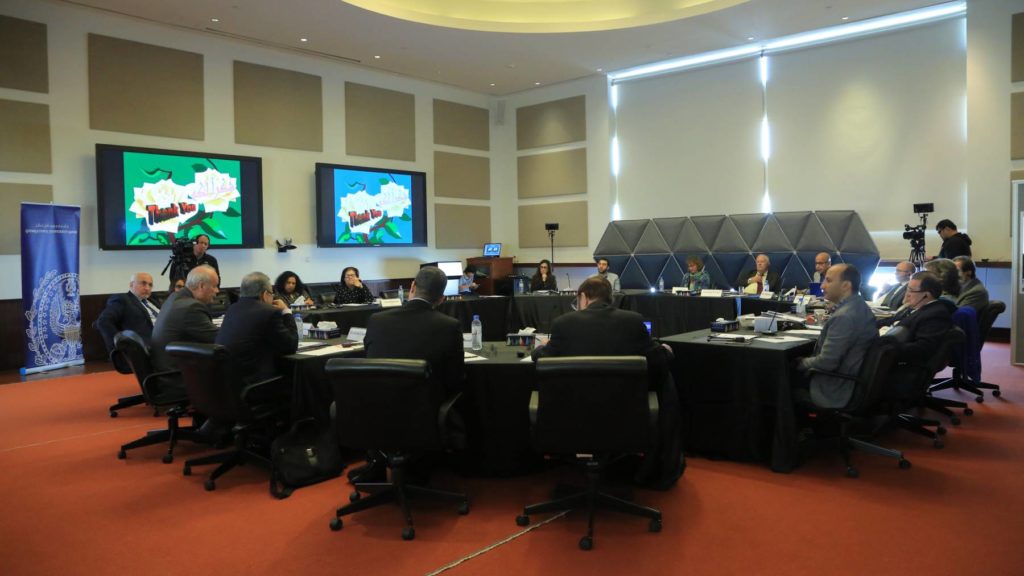Scholars Explore Evolution of Waqf at Georgetown Workshop

The changing forms and societal impact of waqf was under discussion at a recent two-day workshop hosted by Georgetown University in Qatar (GU-Q). Featuring scholars from universities in Qatar, Turkey, Italy, Jordan, Egypt and Japan, it aimed to provide a platform for the discussion of research projects focused on the topic.
Waqf, which is a charitable endowment contributed by an individual to serve the wider community, is a concept which has seen a range of developments over the course of Islamic history. While waqf is usually in the form of property or land, in recent times there have been shifts in the organization and administration of these donations.
The scholars’ research explores the transformation of awqaf, focusing on aspects such as its social value and the power relations which come into play when waqf is more formally managed and regulated by governments. Other related areas such as the forms of charitable donations in different cultures, and the linguistic aspects of waqf, also feature, along with the types of donations which appear in different time periods.
“To date, the vast majority of research about waqf has focused on its ancient aspects,” said Professor Amira Sonbol. “In this workshop, we are studying the transformation experienced by this key institution over the centuries, but also the role it can play in sustaining economic development, as well as revitalizing the nonprofit sector and benevolent activities in our societies.”
The workshop featured speakers from a range of academic backgrounds, including Islamic finance, law, and history. It also included a presentation on the linguistic aspects of waqf by GU-Q Professor Yehia A. Mohamed.